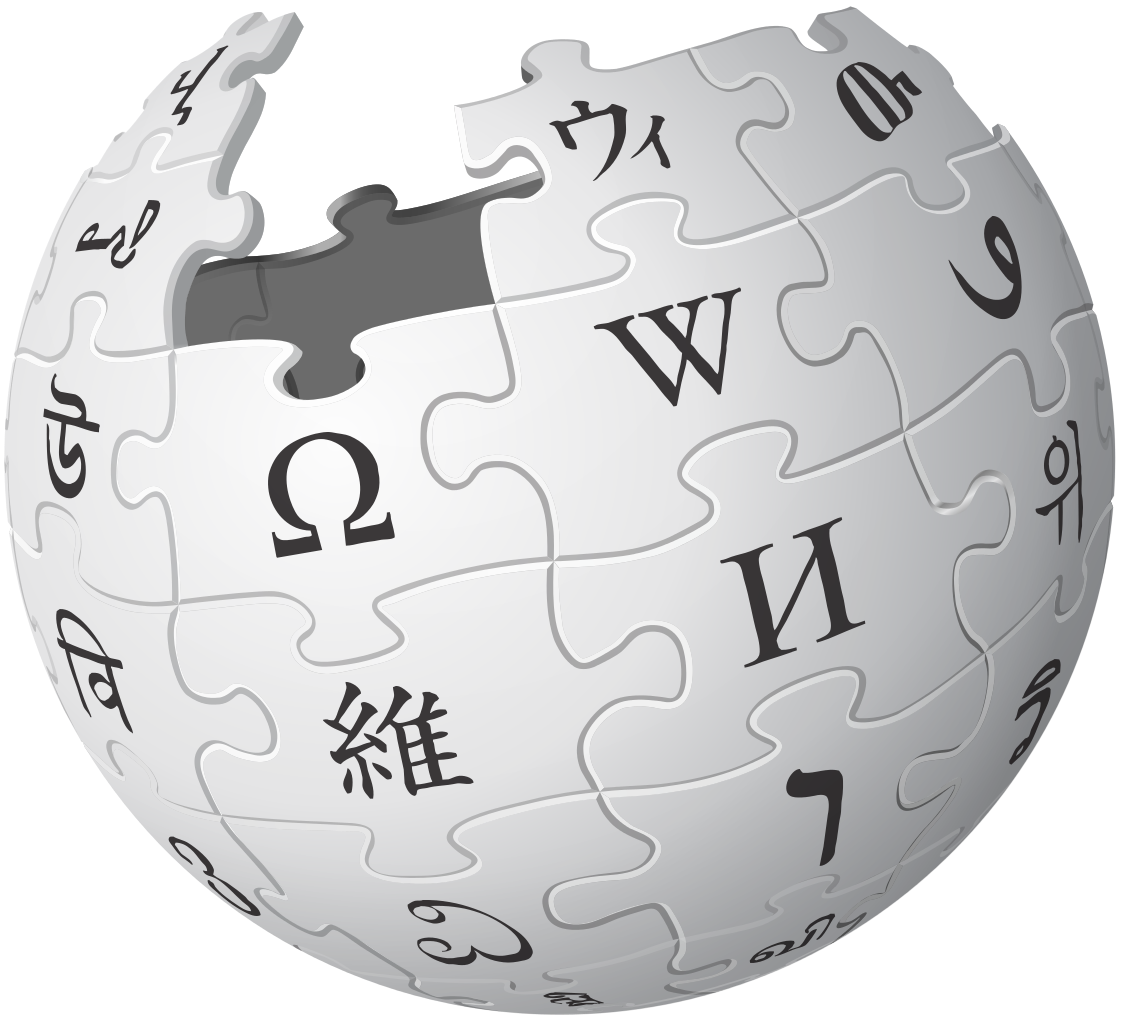by: Mikal Cardine
Mikal is a senior studying English at George Mason. She previously worked with WAC to create disciplinary writing guides for student use. To reach her, please contact [email protected].
The average undergraduate will hear a variety of conflicting viewpoints from their university professors on the topic of Wikipedia. While some professors will openly express distrust of Wikipedia as a source for research, others are more open to the use of Wikipedia as a learning tool. While Middlebury College outright banned undergraduates from citing Wikipedia in any academic essay—stating that “students need to be taught to go for quality information, not just convenience” (Jaschik, 2)—professors such as Mark Kissling argue that faculty do a disservice to their students if they don’t help them to understand why instructors are concerned about the source. As Kissling writes, professors have a duty to teach “their students to learn to critically read Wikipedia…helping them understand how it is created, how it defines and positions knowledge, and what it makes possible and fails to do” (Kissling, 1).
As an undergraduate, I have to admit that Wikipedia is in. Originally branded as untrustworthy, the site is now our go-to research tool – but why? Has student scholarship fallen so far? Or has Wikipedia possibly become a useful research tool? Prompted to learn more, I decided to do a little research and created a simple survey to determine Wikipedia’s current value to both professors and students.
I approached my fellow classmates with the following questions:
“How many of your professors say NO to (or tell you not to use) Wikipedia?”
“When a professor says NO to Wikipedia, how often do you use it anyway to brainstorm or gain a direction?”
The results confirmed what most would assume: professors don’t seem to care for Wikipedia, and their students use it anyway. Out of 30 student participants, 18 respondents said that most of their professors forbid any use of the site. Of those 18 respondents, 15 student participants said that they often use Wikipedia in spite of what their instructors say, although students also added that they would “Never (use Wikipedia) as a source for facts” (Peirce) or “use it in any real research” (Sachs).
The reasons for turning to Wikipedia were all essentially the same: “Sometimes you just need the general idea without scrolling through a 60 page scholarly article” says one student (Garbarino), while another explains that “the interconnected articles make it easy to hop from research on one topic to another” (Raley). Students shy away from actually using the information they find on Wikipedia, as most are afraid of – in the words of one respondent – “getting flunked” (Lowery). Instead, those who use the site see it as a stepping-stone from an abstract idea to a manageable and concrete direction for their research.
While the initial results may give the impression of rebellious students, more than half of the students who use Wikipedia regularly answered that most of their professors allow or even encourage it. Students with pro-Wikipedia professors said that their instructors “encourage it for learning and brainstorming” (Lash) and allow students to “use it as a place to start our research” (Webber). One student gave a slightly different, more in-depth response, explaining, “Professors encourage us to read Wikipedia…because it forces us to consider the construction of knowledge and the inevitable disparity between the general public’s perception of history and the actual facts” (Sachs).
Intrigued by my findings, I did some outside research and found that writing centers at universities like Yale and Harvard have statements available on Wikipedia. The Yale College Writing Center states that, “Some professors will warn you not to use Wikipedia” but “Wikipedia merits additional attention because of its recent growth and popularity” (Yale, n.p.). Harvard’s College Writing Program offered a post entitled “What’s Wrong with Wikipedia?”, which concedes that just because “Wikipedia is not a reliable source for academic research doesn’t mean that it’s wrong to use basic reference materials when you’re trying to familiarize yourself with a topic” (Harvard, 1).
It seems that these universities and my student participants have caught on to the same realization: Wikipedia could play a valuable role in our creation of knowledge through college writing. As students, we take a genuine interest in the construction of knowledge and the complexity of the tools at our disposal. Wikipedia is a relevant part of that process, and it therefore merits our attention. Instead of simply banning the site, professors should give their students more credit by instructing us on the realities of Wikipedia – both its benefits and its pitfalls. This way, we could approach research’s seedy underbelly with a real understanding of what we’re getting ourselves into.
Still interested? Check out these resources:
“Wikipedia.” Yale College Writing Center. Yale College, n. d. Web. 4 Feb. 2015.
http://writing.yalecollege.yale.edu/advice-students/using-sources/citing-internet-sources/wikipedia
“What’s Wrong with Wikipedia.” Harvard Guide to Using Sources. Harvard College Writing Program, n. d. Web. 4 Feb. 2015.
http://isites.harvard.edu/icb/icb.do?keyword=k70847&pageid=icb.page346376
“A Call for Wikipedia in the Classroom” by Mark Kissling (pdf)
“A Stand Against Wikipedia” by Scott Jaschik (pdf)
Cited Interviews:
Garbarino, Katie. Personal interview. 24 Jan. 2015.
Lash, Marianna. Personal interview. 23 Jan. 2015.
Lowery, Jillian. Personal interview. 23 Jan 2015.
Pierce, Rayna. Personal interview. 23 Jan. 2015.
Raley, Nelson. Personal interview. 23 Jan. 2015.
Sachs, Hannah. Personal interview. 23 Jan. 2015.
Webber, Michelle. Personal interview. 24 Jan. 2015.

